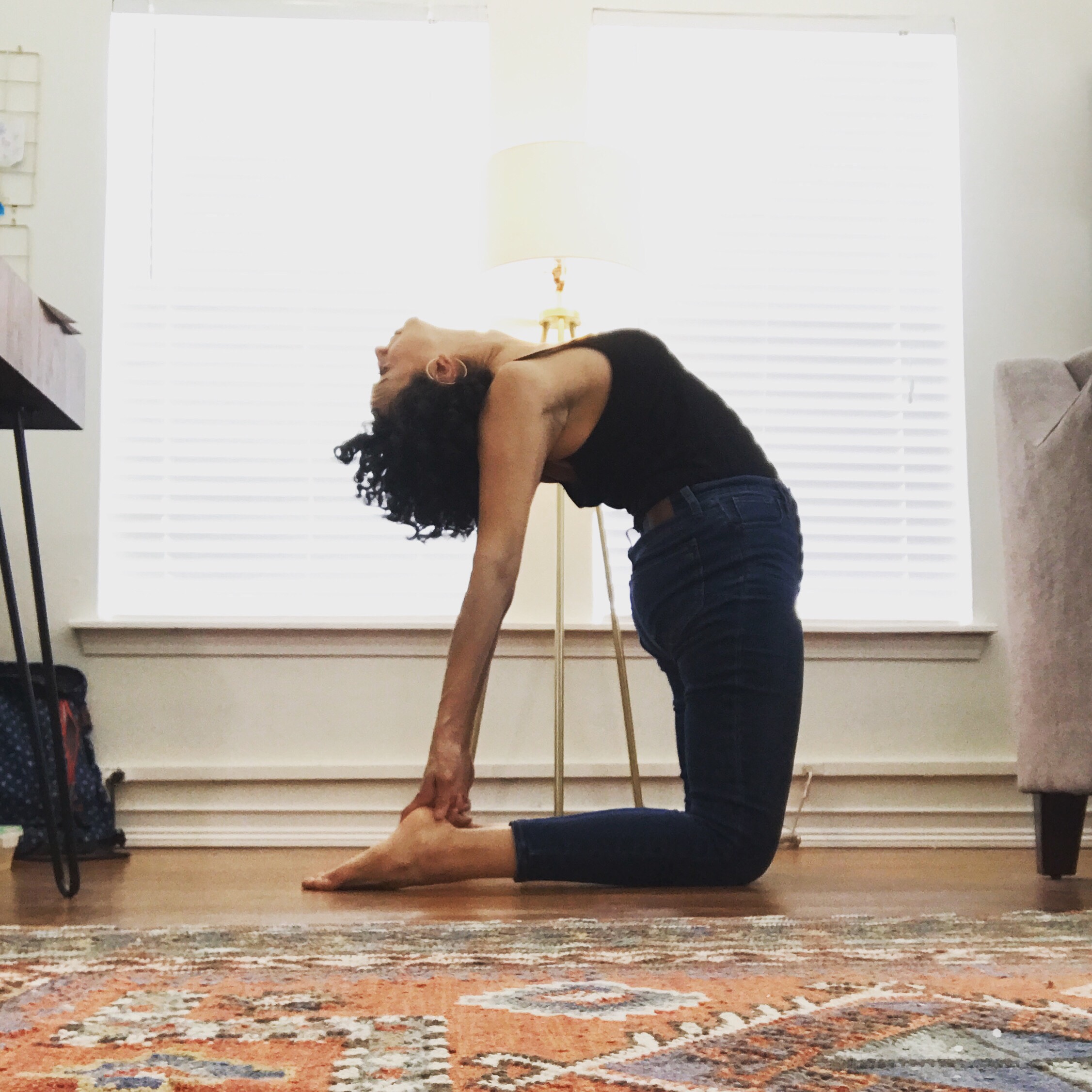
I’m excited to introduce my co-author on today’s blog, Gina Mateer, RD, LD, CEDRD-S, a registered dietitian, licensed dietitian in the state of Texas, and a certified eating disorder registered dietitian-supervisor. Gina shares my passion for exploring and studying about eating disorder-related topics. Together, we’ve looked into a wide range of books that delve into eating disorders, intuitive eating, and body inclusivity. Our mutual interest in these subjects has inspired us to compile this list of resources that offer guidance, personal insights, and advocacy for developing a relationship with food and the body, centered on healing and liberation.
Eating Disorder Recovery and Management
These book resources cover a broad spectrum of topics related to eating disorders, intuitive eating, and body inclusivity. For those focused on eating disorder recovery and management, titles like How to Nourish Your Child through an Eating Disorder, The Eating Disorder Trap, and 8 Keys to Recovery From an Eating Disorder provide guidance and strategies for overcoming eating disorders. Books like Life Without Ed and Sick Enough offer personal insights and medical perspectives on recovery.
- How to Nourish Your Child through an Eating Disorder by Casey Crosbie and Wendy Sterling
- The Eating Disorder Trap by Robyn Goldberg
- 8 Keys to Recovery From an Eating Disorder by Carolyn Costin and Gwen Schubert Grabb
- Man up to Eating Disorders by Andrew Walen
- Binge Eating Disorders by James E. Mitchell
- Life Without Ed by Jenni Schaefer
- The Eating Disorder Sourcebook by Carolyn Costin
- Sick Enough by Jennifer L. Gaudiani
Intuitive and Mindful Eating
In the realm of intuitive and mindful eating, How to Raise an Intuitive Eater and Intuitive Eating emphasize developing a healthy relationship with food based on intuition rather than restrictive diets. Gentle Nutrition and Unapologetic Eating present a non-diet approach to eating that prioritizes well-being over weight.
- How to Raise an Intuitive Eater by Sumner Brooks and Amee Severson
- Intuitive Eating by Evelyn Tribole and Elyse Resch
- Intuitive Eating Workbook by Evelyn Tribole and Elyse Resch
- Eating in the Light of the Moon by Anita Johnston
- Gentle Nutrition: A Non-Diet Approach to Healthy Eating by Rachael Hartley
- Unapologetic Eating by Alissa Rumsey
Body Inclusivity and Size Acceptance
For those interested in body inclusivity and size acceptance, books like Landwhale and What We Don’t Talk About When We Talk About Fat challenge societal norms about body size and advocate for acceptance. The Body is Not an Apology and Body Respect promote self-love and respect for all body types, while Health at Every Size and Anti-Diet argue against diet culture and for health at any size. These resources collectively provide valuable insights and support for fostering a relationship with food and the body rooted in healing and liberation.
- Landwhale by Jes Baker
- What We Don’t Talk About When We Talk About Fat by Aubrey Gordon
- Reclaiming Body Trust by Hilary Kinavey and Dana Sturtevant
- Body Respect by Lindo Bacon and Lucy Aphramor
- The Body is Not an Apology by Sonya Renee Taylor
- Fearing the Black Body by Sabrina Strings
- Health at Every Size by Lindo Bacon
- Anti-Diet by Christy Harrison
- Lifting Heavy Things by Laura Khoudari
Debunking Wellness Culture
This collection of books critically examines wellness culture, its myths, and its societal impact. Debunking Wellness Culture and The Wellness Trap by Christy Harrison explore how wellness trends can prioritize profit over genuine health and promote unrealistic standards. Natural and The Gluten Lie by Alan Levinovitz question the assumptions that “natural” products and dietary restrictions are inherently beneficial. The Gospel of Wellness by Rena Raphael investigates how the wellness industry exploits insecurities to sell products, while Decolonizing Wellness by Dalia Kinsey highlights the industry’s neglect of marginalized communities, advocating for more inclusive health approaches. Together, these books encourage readers to question mainstream health narratives and adopt a more nuanced understanding of wellness.
- The Wellness Trap by Christy Harrison
- Natural by Alan Levinovitz
- The Gospel of Wellness by Rena Raphael
- The Gluten Lie by Alan Veninovitz
- Decolonizing Wellness by Dalia Kinsey
If you like a good book (or audio book like Gina) then grab a copy of one of these, get the highlighters/pens/notepad ready and dive in. We highly suggest that you read these in a book club style if you like to nerd out about nuance the way Gina and I have on several of these books. More than anything we just hope that if you are in need of continued learning or support that these books can be a resource for you as they have been for each of us.







